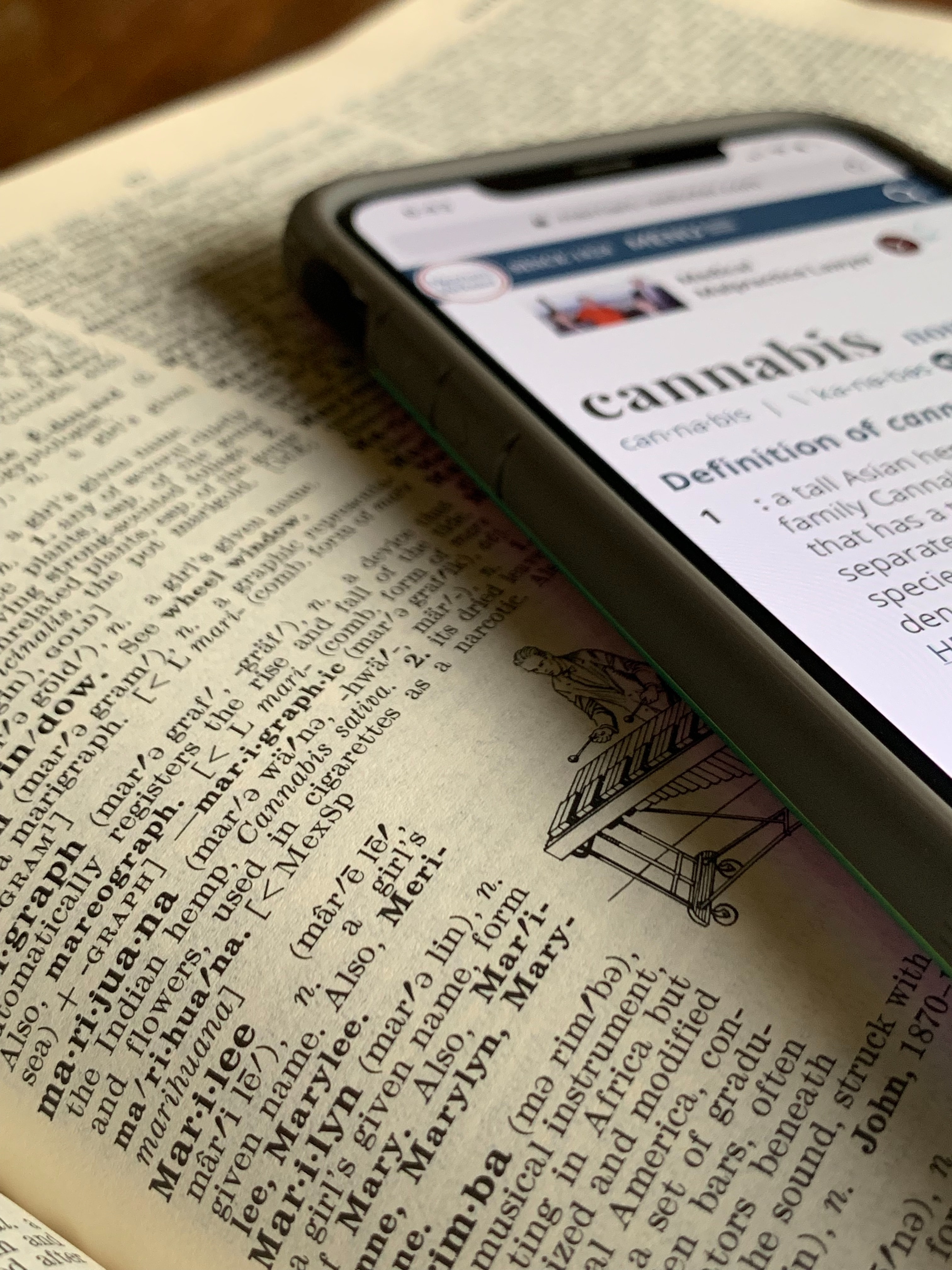Oklahoma’s DUI laws currently leave no allowance for medical cannabis patients.

BY MATT DINGER
Oklahoma cannabis patients currently have no exceptions to the state’s laws pertaining to driving under the influence.
The applicable statute reads in part, “It is unlawful and punishable as provided in this section for any person to drive, operate, or be in actual physical control of a motor vehicle within this state, whether upon public roads, highways, streets, turnpikes, other public places or upon any private road, street, alley or lane which provides access to one or more single or multi-family dwellings, who has any amount of a Schedule I chemical or controlled substance … or one of its metabolites or analogs in the person’s blood, saliva, urine or any other bodily fluid at the time of a test of such person’s blood, saliva, urine or any other bodily fluid administered within two hours after the arrest of such person.”
Cannabis metabolites might be detectable in a patient’s urine for more than a month after their last use and will be present in blood if they are currently using cannabis to treat their conditions.
“Every single person with a patient license who is actively using or consuming cannabis in any way, according to this, none of them can drive,” said Clayburn Curtis of Overman Legal Group. “Even if they have a recommendation and a license, those metabolites, at the very least, are going to be present in your blood. The fact that those metabolites are present in your blood does not mean that you were actually under the influence of THC or any type of cannabis.”
While there have been decades of evolving law when it comes to driving under the influence of alcohol, no such thing currently exists for cannabis.
“The law is pretty self-explanatory,” Curtis said. “It’s illegal to drive while under the influence, and Oklahoma does not have a test that is capable of actually telling us that someone is driving under the influence. … Colorado is at least working towards tests that would be capable of determining whether someone is, in fact, under the influence of cannabis and driving. Oklahoma’s not even trying to do that. We haven’t looked into changing this.”
“It’s not science at all. It’s junk.” — John Hunsucker
Updating this will require an update of the state’s DUI laws by the Legislature, which does not meet again until February.
“There is obviously a gap between what the law should be, what would be fair and equitable and even really the intent of the law and what the law actually is. … I think we need to be changing this conversation to address real concerns, such as is it more dangerous for people who are recommended cannabis to drive under cannabis? I think the answer is no,” Curtis said. “I’m aware of several studies that have come out that the answer simply is no. The simple truth is it’s not like alcohol. It’s not like many other drugs. I think we can make comparisons that are insightful or meaningful if we want to be deliberate. For example, should it be legal for someone who was prescribed Adderall to drive under the influence of Adderall? The reality is that many ways Adderall is prescribed to them because it actually helps them adjust to the necessities of everyday life and requirements of everyday life, and for many cannabis users, I think this is also true. That, in fact, the reality is people who are daily users, daily consumers of cannabis, cannabis does help them cope or deal with just the regularity of everyday life and many people perform and function better on cannabis.
“I think to even make that comparison to me would illustrate a fundamental misunderstanding of what the distinction is between cannabis and a drug like, say, alcohol. There are many studies out there that show that that cannabis doesn’t negatively impact people’s ability to operate motor vehicles. Now, could it? I think that it certainly could. There are already rules and laws that protect us from unsafe driving.”
John Hunsucker with Hunsucker Law Firm, a longtime Oklahoma City firm that specializes in DUI cases, agreed that the comparison between cannabis and alcohol is not an equivalency when it comes to DUI.
“There are studies that show you’re a better driver under the influence of marijuana than you are under the influence of alcohol,” Hunsucker said.
Because there is no test for cannabis intoxication, this leaves whether a driver is impaired up to the discretion of a law enforcement officer. While some have been certified as drug recognition experts or DREs, those tests are highly subjective.
“I think it’s junk science. Well, it’s not science at all. It’s junk,” Hunsucker said. “There have been absolutely no validation studies done to support that DRE is accurate in any shape or form. You’re going to use a person that basically went to a seven-day course and he’s going to determine what type of drugs are in your system? It takes four years to get a degree in pharmacology. But yet we’re going to put cops out there with seven days’ training and they’re going to make that type of determination based on several things like an eye test. There’s other causes of [horizontal gaze nystagmus] besides alcohol or drug usage.”
Horizontal gaze nystagmus is an involuntary jerking of the eyeballs that becomes more pronounced when people are intoxicated.
“It’s all hocus pocus; it really is,” Curtis said. “Pseudoscience is another way of saying ‘not science.’”
The practice is similar to that of fingerprint analysis, which is done by comparing two samples flagged by a computer algorithm, compared by eye and then compared by a supervisor, who signs off on the analysis.
“Fingerprint science, in a nutshell, is, ‘That looks the same to me. I showed it to my boss. He also looks at a lot of fingerprints, and he also agreed with me. It looks the same.’ To me, that is so ripe for error,” he said. “The drug nation experts are essentially the same. Basically, it’s just a guy who has gotten the most basic training.”
Hunsucker said there has not been a deluge of cannabis DUI cases since State Question 788 went into effect.
“We’re not seeing a rise in DUI marijuana cases, so it’s not like with the new law passing, they’re just out there arresting everybody. It’s not been that way at all. We’re getting maybe three or four a month, which isn’t a lot for us. I would say it’s just a slight uptick,” Hunsucker said. “Is a medical marijuana card in itself probable cause to ask for blood if you’re driving your car? The statute’s got to change. The law definitely needs to be clarified because the law’s basically unclear.”
Previously published on the Oklahoma Gazette, October 8th, 2019.




